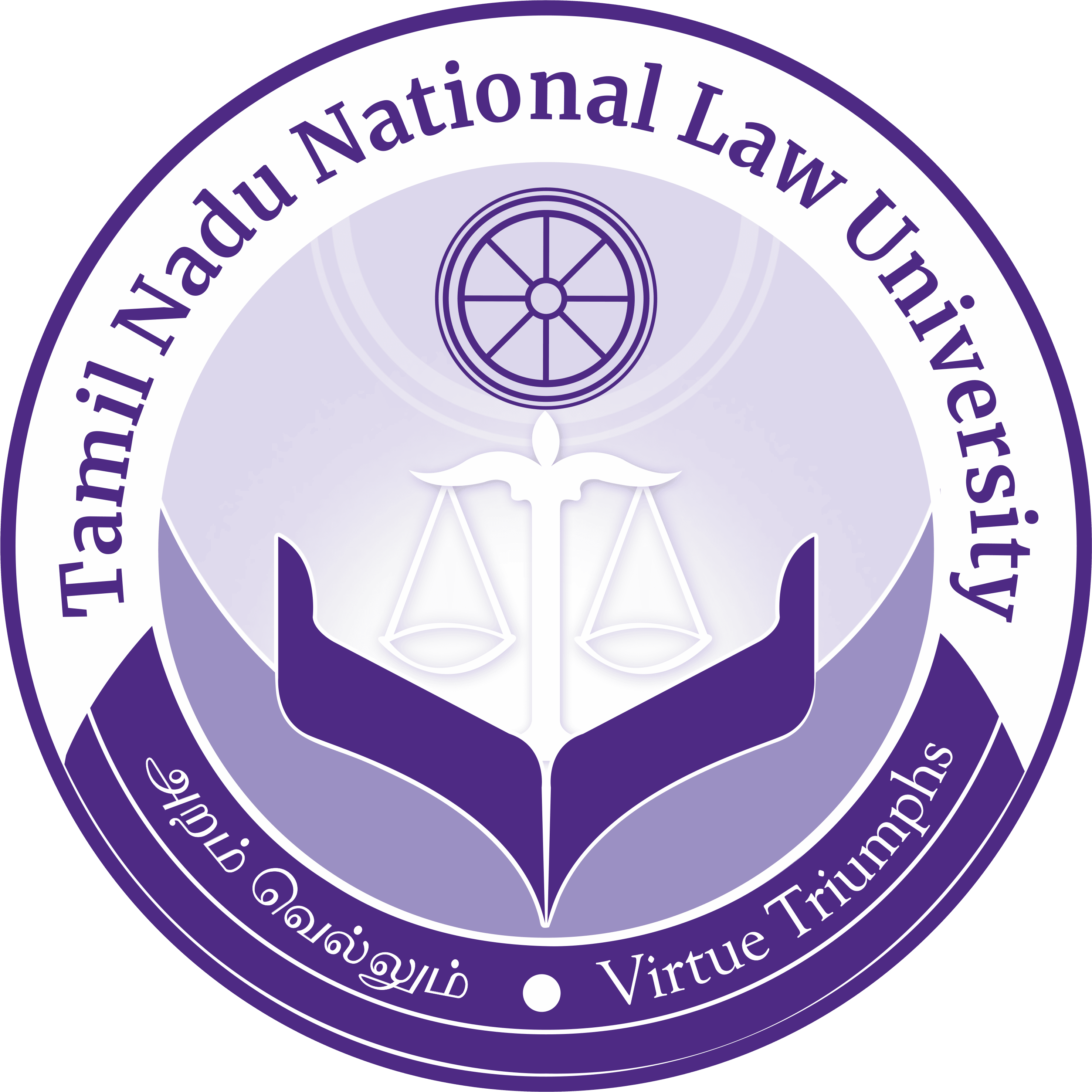

Dr. Anita Singh’s talk on Literature, Culture, and the Women’s Question in India was divided into three parts. Women’s question and representation during the pre-independent period, post independence era covering the period from the 1970s to 1990, and from 1990 to the present. The colonial intervention in the cultural fabric of pre-independence India somehow brought certain reforms in the condition of women. Gandhi’s role in emancipating the role of women was foregrounded by the speaker along with the limitations. There were several references to real women characters and the characters from the literary texts of the age mentioned for presenting the women’s question in pre-independence India. The speaker proclaimed that feminism in India was not a borrowed discourse. Indigenous understanding of women’s issues and concerns paved the way for the growth of various women thinkers, scholars and intellectuals.
The second part of the talk dealt with women’s questions from the 1970s to 1990. This is the age where the personal identity of women became more political than before. The autonomy of women began to be recognized and to some extent began to be acknowledged as well. Attempt to assert the role and autonomy of women came to be rationalized from several acts that were enacted during this period.
Amongst them were the Medical Termination of Pregnancy (MTP) Act in 1971, the Maternity Benefit Act of 1961 (amendment act 2017), and the Dowry Prohibition Act 1961(amendment act 1984). Inspired by these unprecedented acts, the women writers, feminist activists and intellectuals had started to speak/represent/fictionalize the dowry killing and gang rape. Women considered literature and art as a strong tool to speak against the evils in society relating to women’s issues.
The third section of the talk focused on the third wave in gender concern. This stage witnessed women thinking beyond gender and getting engaged in the crucial intervention in the issues on environment, sexuality, culture and, other significant socio-cultural priorities. The speaker referred to the work done by Medha Patker in saving the Narmada Dam. Arundhathi Roy’s views on nuclear weapons and environmental concerns were shared by referring to The God of Small Things and The End of the Imagination. Irom Sharmila’s engagements in the AFSPA were highly recognized in the talk. It was also a period when women shared their new experiences/thoughts on the intersectional concerns of women. The speaker claimed that sex and gender are society’s constructs. There is need to deconstruct and develop a gender-neutral attitude. The contemporary debates on sexuality, transgender persons, rights of sex workers and, other issues and concerns relating to women’s subjectivity and sexuality were mentioned during the talk. Catherine Mackinnnon’s views of pro-life and pro-choice were also mentioned as a part of the attempt to endorse the new experience in sexuality and gender. The speaker summed up the lecture with the note that there must be gender-neutral laws for creating equality in society.
Screenshots of the Event